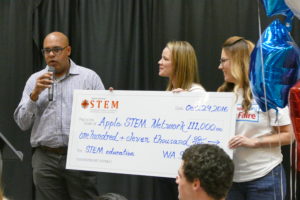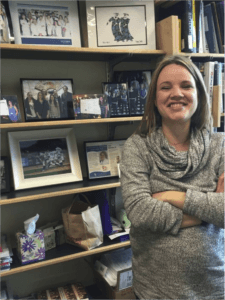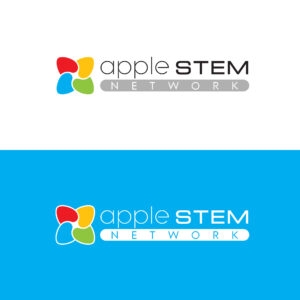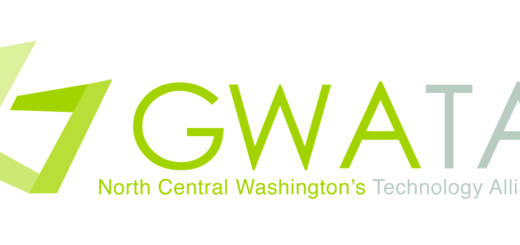Apple STEM Network grant will be a strong boost to local education efforts
The Apple STEM Network, a consortium of local school organizations, public agencies and nonprofits, has landed a $110,000 operating grant from Washington STEM (Science, Technology, Engineering and Math) to execute a locally developed business plan designed to help teachers and students benefit from project-based learning. The grant, matched by $100,000 in local contributions, will be used for personnel, marketing, and direct support to STEM programs in school districts.
Project-based learning is widely acknowledged as an approach that engages students far better than the traditional model of passive learning. The grant announcement is another huge victory for grass roots-driven efforts intended to bring together local resources and expertise. Collaboration has become the watchword for the Wenatchee Valley and North Central Washington in recent years.
Dr. Sue Kane, the Wenatchee Valley College adjunct biology professor will co-chair the Apple STEM network with Jenny (Napier) Rojanasthien, the executive director of the Greater Wenatchee Area Technology Alliance. That’s a powerful combination. Rojanasthien and Kane are dynamic, creative, pragmatic leaders who each have been recognized as 30 Under 35 leaders by The Wenatchee World and Wenatchee Valley Business World. They get things done.
For the past year, a core team of key individuals representing the college, Wenatchee, Eastmont and Cashmere school districts, the North Central Educational Service District, GWATA and Chelan Public Utility District have been working with more than 70 community members in education, business, government and the nonprofit sector to create the business plan.
The STEM Network partners are focusing on key areas where they believe that, working together, they can make the biggest impact. It’s called a “collective impact” approach. A critical part of the plan will provide support for teachers to meet the challenge of integrating project-based learning approaches. Creating local support for challenging changes is bound to be infinitely more effective than the punitive-based approaches that come down from the powers that be in Olympia.
To give teachers the confidence to make these changes, we’re going to have to provide lots of community support and expect that there will be some successes and failures along the way. It’s easier to just fill students with information, but the more valuable education approach involves creating opportunities for them to solve problems, work together, experiment, fail at times and succeed at others.
Another part of the plan is dedicated to creating more effective ways to help students transition from high school to STEM coursework in college. That’s particularly important in our region with the high percentage of students who are the first in their family to attend college, Kane told me. “We want them to know the things to look forward to so that when they hit challenges they are more prepared,” Kane said. “We want them to have more grit,” she added.
A third initiative is to better connect students with STEM jobs in our region. I was interested to learn that a third of the jobs in our valley have some STEM connection. Technology, as we know, is impacting and transforming every industry, from agriculture where drones are being used to monitor crops, to engineering companies like Pacific Aerospace and Electronics.
Kane walks the STEM talk, that’s for sure. She has been mentoring students in independent study research projects built on the project-based learning model, rather than the traditional approach where students sit passively in the classroom and listen to lectures.
Students respond powerfully to these kinds of opportunities, Kane said, but it requires teachers to rethink how they approach the learning environment. That’s why support from the locally-driven Apple STEM Network is critical. Washington STEM has funded seven other networks and the Apple STEM Network will join two others to bring the total to 10 across the state.
Kane offered a powerful and insightful way to think about the difference that STEM education makes, thanks to the speaker at a conference she attended.
We need to be preparing students the way we do astronauts when we send them to deep space so that they have enough skill and problem-solving ability to adjust to inevitable changes in the unknown frontier that is the job market of the future.
The Apple STEM Network is a crucial collaboration that can help students, teachers and businesses make the connections that will give the next generation the skills to thrive.
Getting the Washington STEM grant is a huge step forward for our region. Congratulations to the Kane, Rojanasthien and the core team who developed the business plan for our valley.

Lee Lambert of Washington STEM gives a $111,000 check to Sue Kane and Jenny Rojanasthien of the Apple STEM Network Saturday
s






